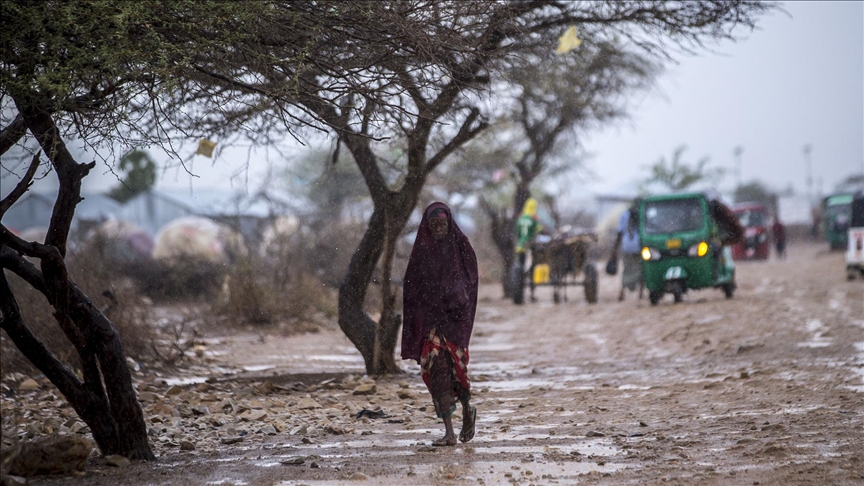- Details
- East Africa
- 737
MOGADISHU, Somalia
The Somali government and UN aid agencies warned on Wednesday that 4.4 million people could go hungry by April 2025 due to worsening drought, conflict, and rising food prices in the Horn of Africa nation.
“Worsening drought poses a severe threat to communities already grappling with immense hardship and ongoing conflict. Urgent action is required to save lives, protect livelihoods, and prevent further suffering,” Somali Disaster Management Agency (SoDMA) Commissioner Mohamuud Moallim said in a joint statement with several other UN agencies.
He added that this time, they are not only confronting the devastating impacts of drought but also compounding risks, including conflict and an unprecedented decline in humanitarian funding.
“These overlapping crises demand immediate, collective, and well-coordinated action to strengthen Somalia’s resilience and safeguard our most vulnerable communities.”
The warning was issued by the Somali Disaster Management Agency, the Food and Agriculture Organization of the United Nations (FAO), the United Nations Office for the Coordination of Humanitarian Affairs (OCHA), the United Nations Children's Fund (UNICEF), and the United Nations World Food Programme.
They feared that the number of people would increase to 4.4 million (23% of the population) between April and June 2025, when below-average rains are expected.
The statement said the acute funding shortfalls have resulted in the reduction or elimination of life-saving programs in Somalia, and it is urgently needed to scale up food assistance, nutrition support, water and sanitation services, and livelihood initiatives to mitigate the effects of the expected drought in Somalia.
Somalia's Humanitarian Needs and Response Plan for 2025 requires $1.42 billion to address the country's humanitarian crisis, but only 12.4% of that amount has been funded so far.
The warning comes as the latest Integrated Food Security Phase Classification (IPC) analysis shows that 3.4 million Somalis are already experiencing crisis-level or higher hunger.
The country is on the verge of a 2022 famine, which, according to UN data, killed thousands of people, nearly half of whom were children. Anadolu Agency






